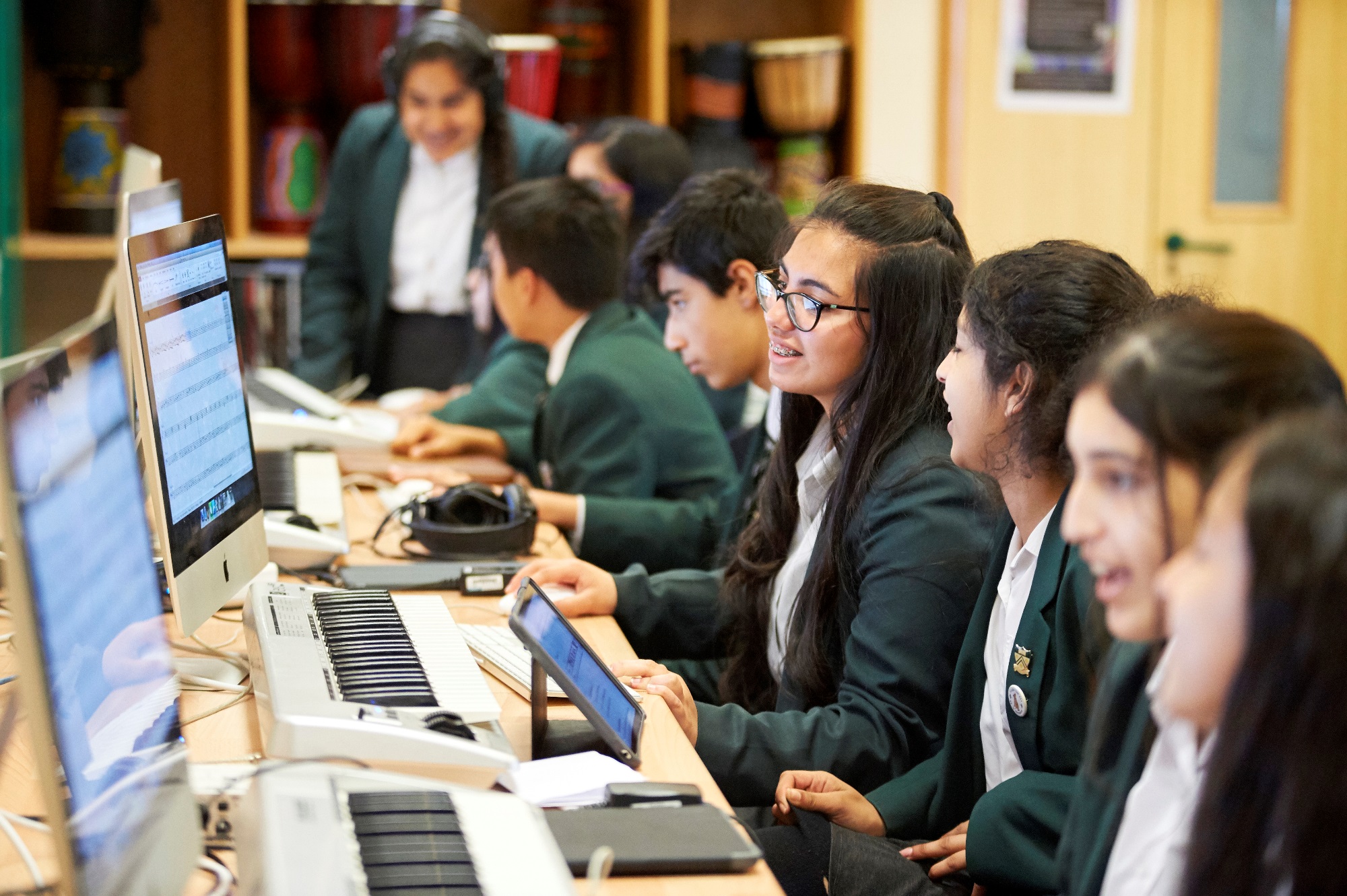Physical Education
Years 7-9
During Years 7-9 the following sports are taught.
| Year 7 | Year 8 | Year 9 |
|---|---|---|
|
Spring and Autumn Terms
Summer Term
|
Spring and Autumn Terms
Summer Term
|
Spring and Autumn Terms
Summer Term
|
Years 10 and 11
In Years 10 and 11 all students take 'core PE', which does not involve an examination or lead to a qualification. The following activities are taught.
| Year 10 | Year 11 |
|---|---|
In Years 10-11, we offer students more autonomy in their activities to help them create positive, memorable experiences relevant to them in PE and offer additional activities such as:
|
In Years 10-11, we offer students more autonomy in their activities to help them create positive, memorable experiences relevant to them in PE and offer additional activities such as:
|
Years 12 and 13
During Years 12 & 13 all students have games as part of our core enrichment programme.
| Year 12 | Year 13 |
|---|---|
|
In Year 12, we offer students autonomy in their physical activities. We listen to student voice to cater to the wants and needs of the cohort, the typical activities on offer are as follows:
|
In Year 13, we offer students autonomy in their physical activities. We listen to student voice to cater to the wants and needs of the cohort, the typical activities on offer are as follows:
|
GCSE
Students who have chosen to also study the subject at GCSE follow the AQA specification. During the course the following topics are covered.
| Year 10 | Year 11 |
|---|---|
|
Health, fitness & well-being
Applied anatomy & physiology
Movement analysis
Applied anatomy & physiology Physical training
Sports psychology
Non-examined assessment (Practical controlled assessment) A selection of activities from the following lists:
|
Physical training
Sports psychology
Socio-cultural influences
Performance analysis assessment (Written controlled assessment)
Non-examined assessment Practical controlled assessment) A selection of activities from the following lists:
|
For more detailed information on the course content and assessment please refer to the examination board website: http://www.aqa.org.uk/subjects/physical-education/gcse/physical-education-8582
A Level
Students studying the subject at A Level follow the OCR specification. During the course the following topics are covered.
| Year 12 | Year 13 |
|---|---|
|
Physiological factors affecting performance Skeletal & muscular systems
Cardiovascular & respiratory systems
Diet nutrition & their effect on physical activity & performance
Biomechanical principles, levers & the use of technology
Psychological & socio-cultural themes in physical education Skill acquisition
Sports psychology
Sport & society
Performance in physical education Practical performance
The evaluation & analysis of performance for improvement
|
Physiological factors affecting performance Energy for exercise
Environmental effects on body systems
Injury prevention & the rehabilitation of injury
Linear motion, angular motion, fluid mechanics & projectile motion
Content of Psychological factor affecting performance Skill acquisition
Sports psychology
Content of Socio-cultural issues in physical activity & sport Contemporary issues in physical activity & sport
Performance in physical education Practical performance
The evaluation & analysis of performance for improvement
|
For more detailed information on the course content and assessment please refer to the examination board website: http://www.ocr.org.uk/qualifications/as-a-level-gce-physical-education-h155-h555-from-2016/
Additional resources
Students may find the following links and/or resources useful to further their studies of this subject
http://www.slough.gov.uk/leisure-parks-and-events/active-slough.aspx
http://www.bbc.co.uk/sport/get-inspired

